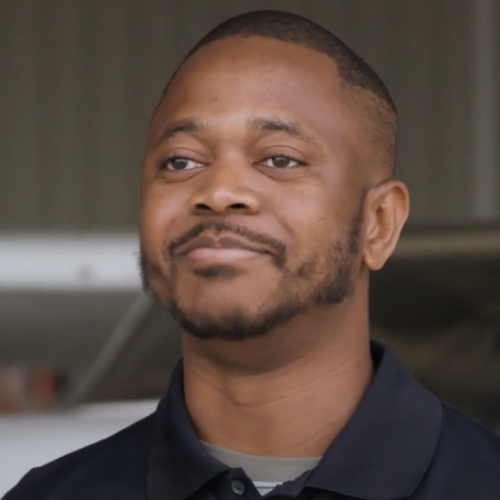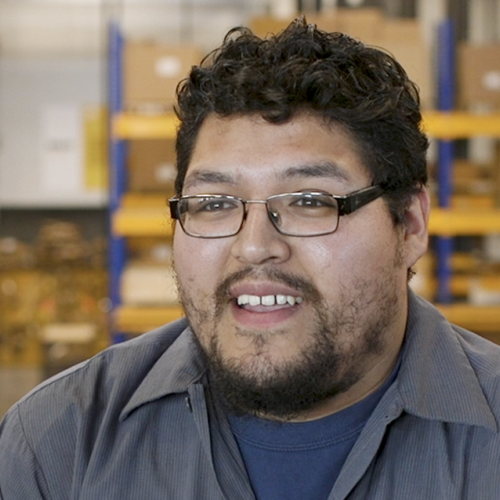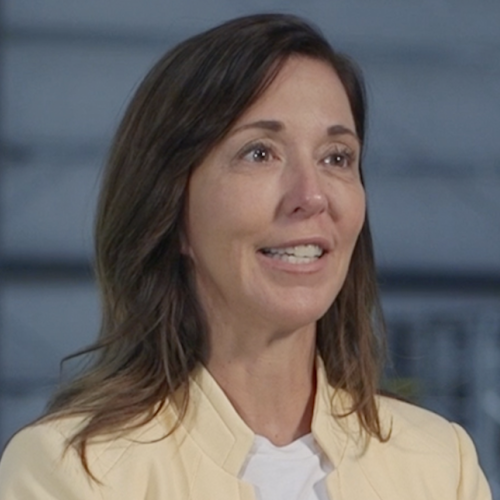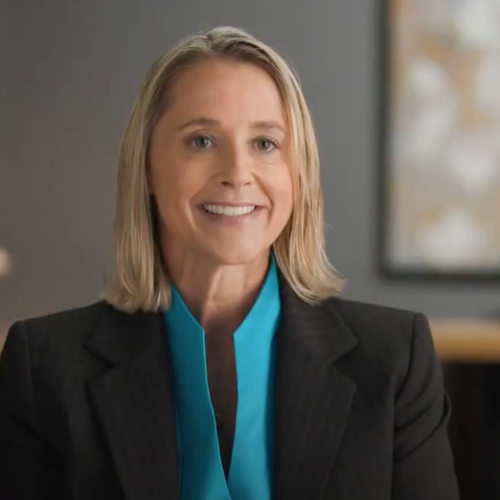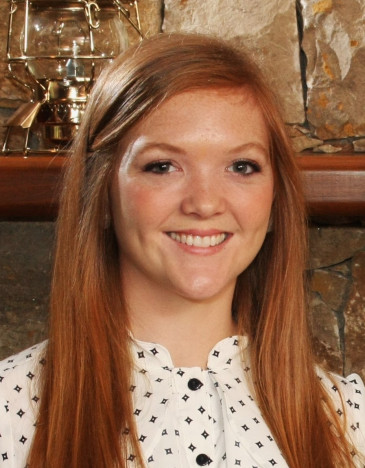
Stephanie Frazon
Pathologists’ Assistant
In second grade, I started watching a show called Diagnosis Murder, which is about a doctor and his son who solve murders. Their sidekick, Amanda, is a pathologist who performs autopsies, and as I watched her on screen, I saw a future for myself come into focus. Then in fourth grade, we had the opportunity to dissect frogs. I knew I could stomach the process since I’d spent many days next to my father while he field-dressed turkey or deer. I signed up to participate, and I’ve been on this career trajectory ever since.
Pathologists evaluate anything removed from the body during a surgery — from a mole to a brain tumor — under a microscope. We use the samples to make a diagnosis (what’s wrong) and a prognosis (how bad it is), then help determine the best course of action for treatment. Originally, I planned to go to medical school to become a pathologist, but I enjoy working hands-on with physical tissues and organs more than evaluating slides, so I attended a two-year master’s degree program to become a pathologists' assistant (PA) and passed a national exam to get certified.
PAs help orient, dissect and evaluate the tissue to select samples to be looked at microscopically. We help the pathologist with their duties and always put our patients first. But, as a PA, I don’t interact face-to-face with patients; I work behind the scenes instead. Laboratory workers are the unseen drivers of the healthcare industry. Our job is different every day, and I love knowing that I’ve made an impact on real people’s lives.
Today, I’m an assistant professor and director of the PA training program at the University of Washington. I’m building a new PA training program that will be only the second of its kind on the West Coast and the first in the Pacific Northwest. It’s a big undertaking and should have a huge impact on our region to increase the number of well-trained professionals in the area. I’ve always valued education, so I’m especially excited to have this role. My goal is to build recognition of and interest in this profession.
This is an excellent career choice for people who are interested in science and the medical field but may not want the time or financial commitment of medical school. Becoming a PA is also a great opportunity for anyone who cares about helping others but doesn’t want the social requirements of a patient-facing healthcare provider. If you're interested, try to job shadow someone in your area — most PAs love their job and are excited to share it with others!

